CHEM 760/7600 - Organic Materials Synthesis
Semester: Spring 2024
Professor: D. Schipper | Discipline: Organic | Campus: WaterlooDescription
Organic Materials Synthesis will familiarize students with modern techniques that are used to synthesize organic electronic materials (conjugated molecules and polymers). Methods to be introduced include Pd-catalyzed cross-coupling reactions (Suzuki, Stille, Sonagashira etc.), other catalytic and stoichiometric techniques (Yamamoto, Kumada, Gilch etc.), oxidative polymerization (chemical and electrochemical) and C-H bond activation strategies. The methods will be discussed within the context of the properties and potential applications of the resulting materials such as organic photovoltaics, light emitting diodes and field-effect transistors.
This is a Reading Course.
Prerequisites: CHEM 764(0) and CHEM 794(4)
Materials
To be provided
Evaluation
TBA
Lab/Project
TBA
Schedule
- Tue: 2:00 pm - 3:00 pm in Remote (by appointment)

